Brittany and Brian spent one sweet and loving year of marriage together before Brian suffered a heart-attack and left Brittany a widow at age 28. It was an unimaginable loss. Brian had been healthy, active and full of life, the thought of a fatal undiagnosed condition seemed impossible. Last year, Brittany bravely documented her journey through grief to a deeper sense of faith as she did what she and Brian loved to do together — she went hiking. And she really went for it — she quit her job and set out alone on the Appalachian Trail. In part two of our conversation, Brittany shares her experience of healing through nature, relationship, and faith that God was ready for even this.
Listen as Brittany Comins shares her powerful journey through grief, healing and most of all HOPE on Hope Is My Middle Name podcast.
I learned that a forester started the Appalachian Trail and he hadn’t conceived that it would be for recreational hiking, it was meant to be a connector trail for cities to farms. He came up with the plan while grieving the death of his wife.
I didn’t know that. There are so many people on the trail grieving in a lot of different ways. There are certainly people out there who are grieving because they lost spouses. I hiked with a woman who had just lost her husband. We all get trail names out there and her trail name was Dash. She had this story — your headstone marks your birth date and your death date, and you really live in the dash, that’s how she got her name. I hiked with another man who had lost his wife just six weeks before leaving for the Appalachian Trail. This was really a healing time and we were all at different stages in our grief and we could talk about it. Sometimes it’s hard to find people who can connect on something like that, particularly at our age. People don’t lose their spouses in their 20s and they aren’t still dealing with it in their 30s.
All of a sudden, I was in an environment where a lot of people were carrying grief. Some people lost children. Some people were grieving their careers. They had just entered retirement, and were in a whole new life, their children left home and they were grieving the fact that they don’t have young kids at home anymore. We often apply grief to death. But grief happens to all of us in a lot of different ways. A lot of people on the trail were veterans and some of them were grieving for their friends, but a lot of them were grieving the fact that they lost the lifestyle, the sense of community they had in the military.
I met people and went deep with them into these topics right away. It wasn’t something that people skirted around. It was so refreshing, because people said, ‘Listen, my life is messed up. This is why I’m out here.’ That’s how we were introduced and I realized a lot of people’s lives were messed up, it wasn’t only mine.
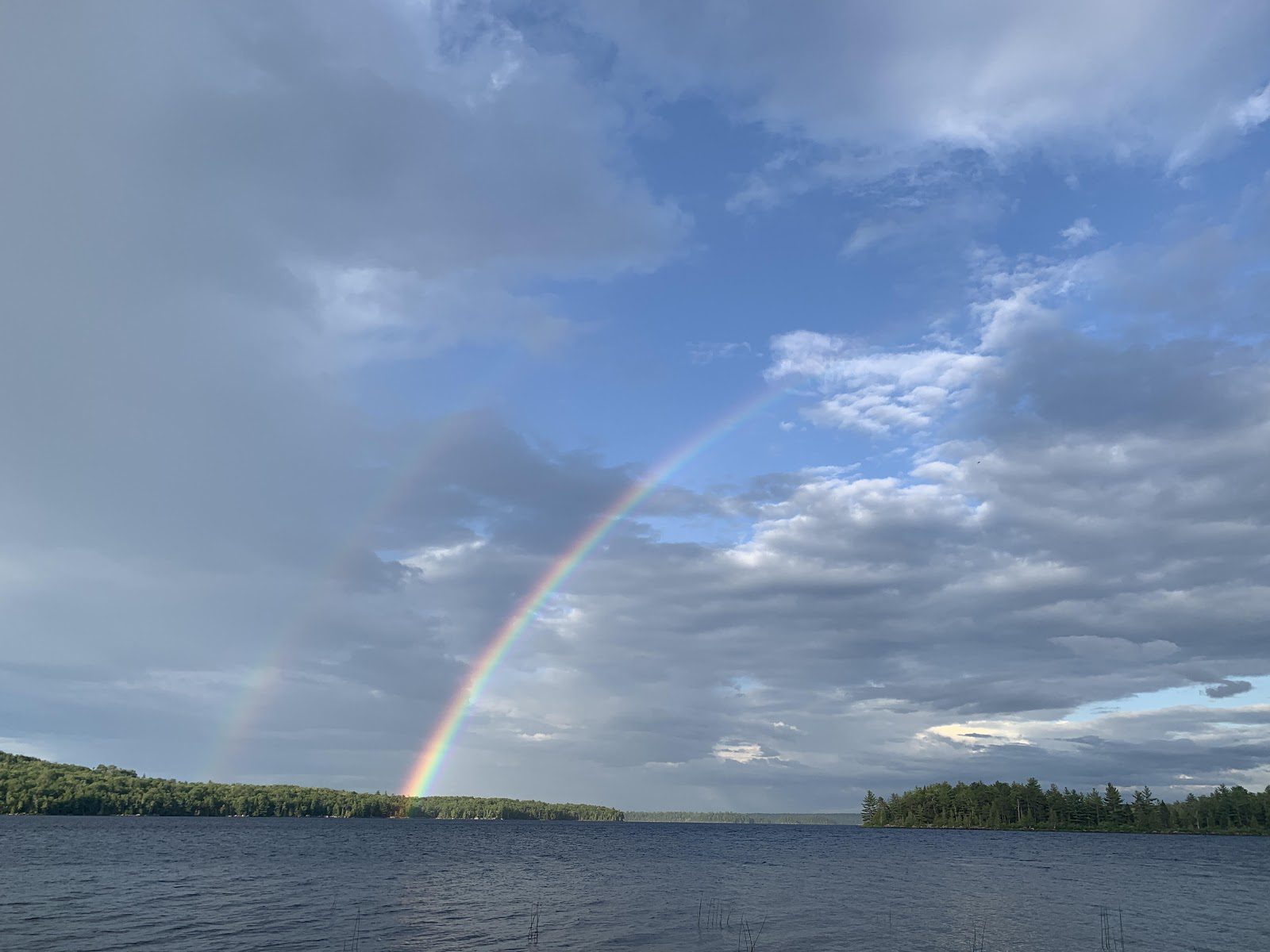
What a beautiful, elemental way to work through the grieving process.
It was really refreshing. I think people find solace in nature because of the utility of it. Sometimes a stream didn’t have a very strong current and so I needed to create my own spout to fill the water bottle. We would take rhododendron leaves, which are long and pretty sturdy. We would create a spout with leaves, because that’s what we had access to. That was easiest for us to grab, to take all the chaos that’s happening in the water and bring it down into one place.
When chaos happens in our lives, what’s on that lowest shelf, what do we make easiest for us to grab? That was another realization I had out there. We don’t have control over what chaos comes into our lives. But when we’re falling down, we do have control over what we have pre-decided to put on our lowest shelf. I’ve thought a lot about that since coming off trail, what am I putting on that lower shelf?
There might be multiple things on that shelf, but if faith isn’t part of it, it’s easy to skip over when bad things happen. I was fortunate that when my husband died, I had a very strong Christian community around me. My pastor was at my house every single day for months, making sure that faith was on that lower shelf so that as I was struggling I could always grab onto my faith.
There were a lot of questions that came up all of a sudden again. I had grown up Christian. I had always believed, but it hadn’t been real. It had been this beautiful story of how Jesus died and rose for us. Then all of a sudden, I was faced with the very real tangible question — do I believe that my husband who I loved very, very much is truly in heaven and what does that look like and what do I think that is? Because I wanted to know where he was. We all want to know where our loved ones are, whether they’re here or not. All of a sudden I was faced with the question of how much should I really believe all this stuff? Do I believe enough where I can sleep at night knowing that he is in heaven? And that was a real question for me and something that I had to face head on.
Once again, being grateful in all circumstances, I’m very grateful that I had that community around me that made sure that faith, as I was grasping for those answers, was on that lowest shelf. I tried to make sure that when I came back, I set up my life in a way where faith was there. I got an apartment that was closer to my church so there were no excuses on Sunday morning about sleeping in, even small changes like that. I’m keeping my Bible out, rather than putting it away every day. It’s a reminder, it’s sitting on my coffee table.
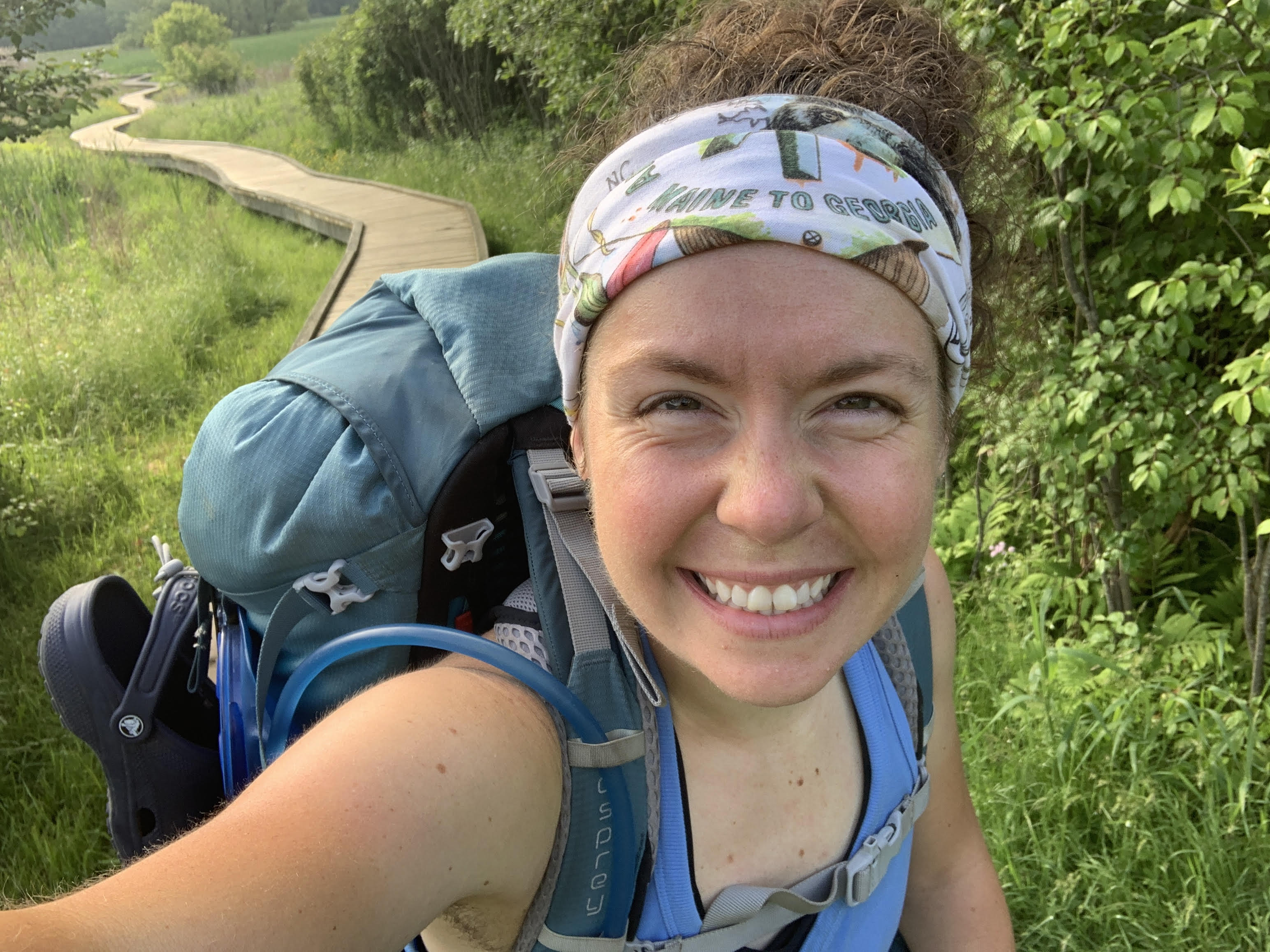
It’s striking how on the trail and throughout incredible loss, you’re getting up and walking every day. You didn’t stay frozen in the blizzard, you walked through it. Your story makes me think of Micah 6:8 ‘What does the Lord require of you, to act justly, and to love mercy and to walk humbly with your God.’ Your willingness to walk the path is inspiring especially right now when the world feels very uncertain. What would you say to someone who is struggling with grief and uncertainty?
There’s a saying on the trail: ‘the trail is going to provide’ and it happens so much, I saw it in very tangible ways. My fourth night on trail it was seven degrees, and I was sleeping outside right on the ground. I can’t describe how cold it was. I was thinking ‘I hope I make it through tonight.’ The cold dries out the skin, my lips were so chapped they were bleeding. I got to a road crossing and a random man pulled over. He asked me if I’m hiking the trail and if I need food or anything. Then he gave me his brand new stick of chapstick. We call it ‘trail magic,’ the trail provides. It would happen like that all the time. People would say, ‘I’m so thirsty,” and turn a corner and some ‘trail angel’ had left out gallon bottles of water. How did that happen? But God does that exact same thing.
When we come to Him, when we ask Him for help, perhaps He knew before we were even going to ask and He had already sown those seeds to deliver us comfort or provide for us in our time of need. To give us that chapstick. God provides, just as so many of those times the trail provided what we needed. It comes down to the question — what do we actually need in life? Jesus talks about it a lot, about us focusing on the wrong things. If we really just focused on what we need in our lives, which at the foundation is faith, but let’s not kid ourselves, we all need food, water, shelter, too, right? God has promised to provide for us. So even in the times of trial, when we don’t really know how it’s going to move from one day to the next, that’s when that faith comes out.
So many times when hard times come we shell up. We don’t want people to know we’re struggling and we put up walls, we put up guards. That cuts off some of the tools that God made to deliver comfort and help to us. I think the more that we can be open, the more that we can put out that we’re struggling and try not to hide from it so much, accept when people talk and share their own struggles, the more we can reach out and be the messengers that we’re supposed to be.
God is such a relational being. He built relationships quite fundamentally. And yet we shut them down all the time, as humans. God was the one who founded our relationships, and our interactions with Him are based on a relationship. He created direct communication through prayer as the fundamental way that we can communicate with Him. And then the first thing that we often do when we’re going through a hard time, this is me speaking for me, is to cut off that line of communication, whether it’s to God or to other people. I cut that off. I shell up. I’m a tough lady right? I can do this, we’re gonna get through it. I’m going to find my own way. But God just sent three ships full of supplies and you turned them all down because you wanted to be strong enough to do it on your own?
We have to lean on the belief that God foresaw this. There are so many indications of that in the Bible where God says, ‘Hey, listen, I gave you all these hints. I set up all of these ways that I could speak to you. Why are you so surprised when I speak to you?’ I think about that a lot when I’m going through hard times. God knew every hair on our head before we were even born and He has put tools in our lives to give us comfort, to help heal us.
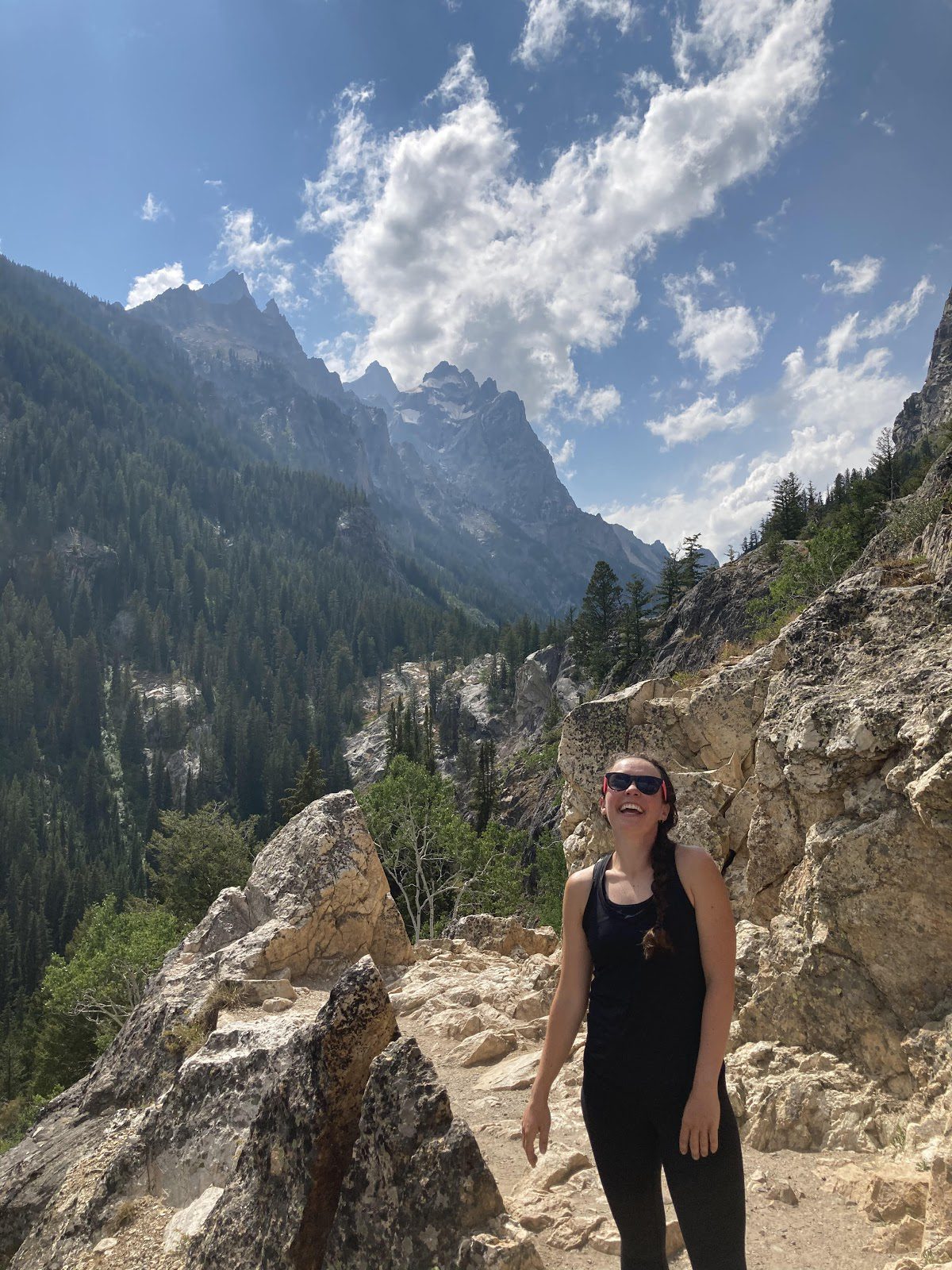

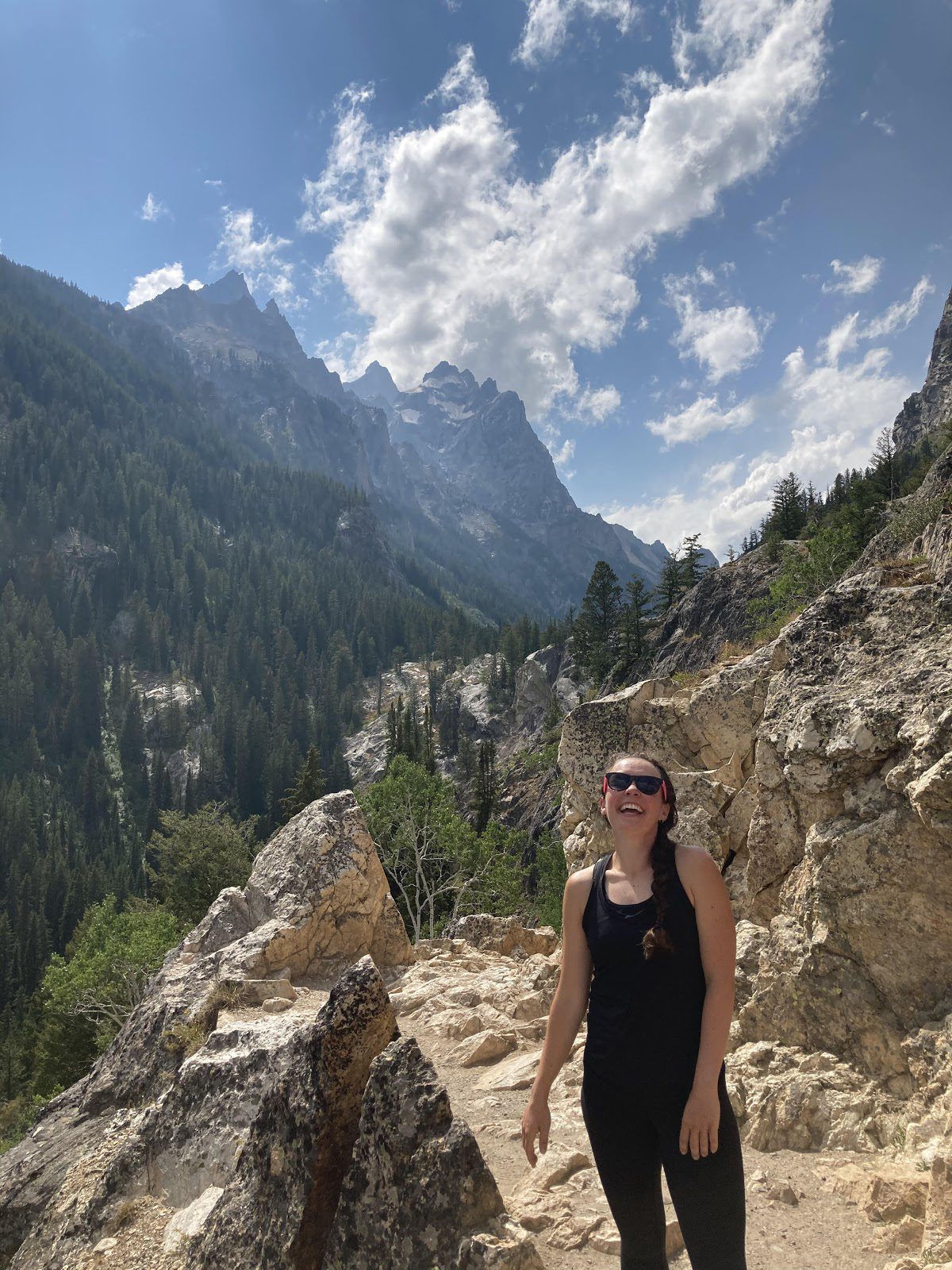
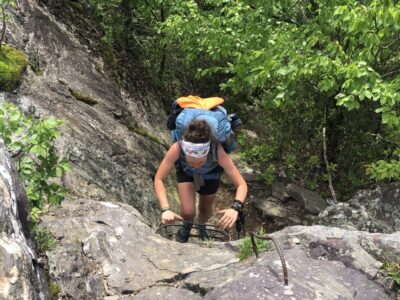
 Copyright
2024
Root and Vine
Copyright
2024
Root and Vine